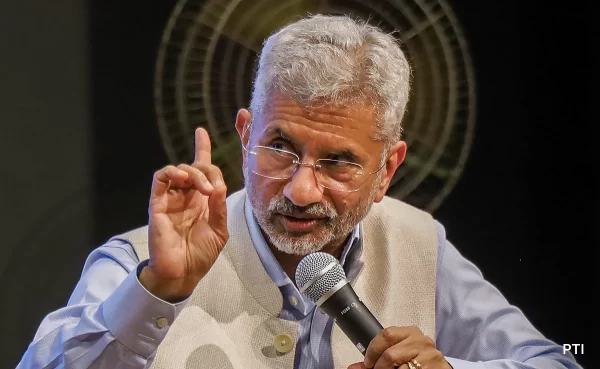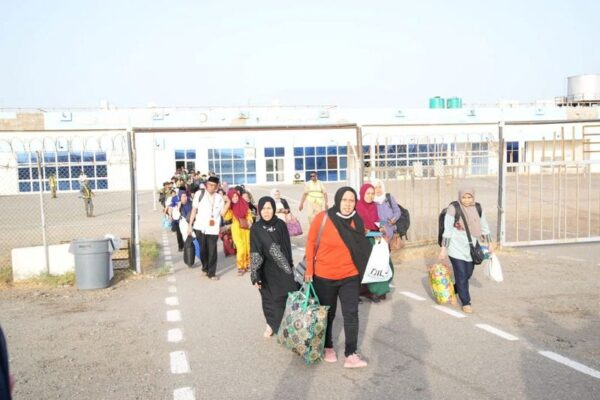The World Health Organisation on Sunday prompted countries around the world not to put flight bans on southern African nations due to enterprises over the new omicron variant.
WHO’s indigenous director for Africa, Matshidiso Moeti, called on countries to follow wisdom and transnational health regulations in order to avoid using trip restrictions.
“ Trip restrictions may play a part in slightly reducing the spread of Covid-19 but place a heavy burden on lives and livelihoods,”Moeti said in a statement.
Still, they shouldn’t be unnecessarily invasive or protrusive, and should be scientifically grounded, “ If restrictions are enforced.”
Moeti praised South Africa for following transnational health regulations and informing WHO as soon as its public laboratory linked the omicron variant.
“ The speed and translucency of the South African and Botswana governments in informing the world of the new variant is to be confided,” said Moeti.”WHO stands with African countries which had the courage to bravely partake life- saving public health information, helping cover the world against the spread of Covid-19.”
South African President Cyril Ramaphosa called the restrictions “ fully unjustified.
“ The prohibition of trip isn’t informed by wisdom, nor will it be effective in precluding the spread of this variant,” said in a speech Sunday evening.”The only thing the prohibition on trip will do is to further damage the husbandry of the affected countries, and undermine the capability to respond to, and also to recover from, the epidemic.”
Cases of the omicron variant of the coronavirus popped up in countries on contrary sides of the world Sunday and numerous governments rushed to close their borders indeed as scientists advised that it’s not clear if the new variant is more intimidating than other performances of the contagion.
While examinations continue into the omicron variant, WHO recommends that all countries “ take a threat- grounded and scientific approach and put in place measures which can limit its possible spread.”
Dr. Francis Collins, director of the National Institutes of Health in the United States, emphasized that there’s no data yet that suggests the new variant causes more serious illness than former Covid-19 variants.
“ I do suppose it’s further contagious, when you look at how fleetly it spread through multiple sections in South Africa,”Collins said.
Israel decided to bar entry to nonnatives, and Morocco said it would suspend all incoming breakouts for two weeks starting Monday — among the most drastic of a growing raft of trip checks being assessed as nations climbed to decelerate the variant’s spread. Scientists in several places — from Hong Kong to Europe — have verified its presence. The Netherlands reported 13 omicron cases on Sunday, and Australia plant two.
The US plans to ban trip from South Africa and seven other southern African countries starting Monday.
“ With the omicron variant now detected in several regions of the world, putting in place travel bans that target Africa attacks global solidarity,” said Moeti. “ Covid-19 constantly exploits our divisions. We’ll only get the better of the contagion if we work together for results.
WHO said it spanning up its support for genomic sequencing in Africa so sequencing laboratories have access to acceptable mortal coffers and testing reagents to work at full capacity. WHO also said is ready to offer fresh help, buttressing Covid-19 responses including surveillance, treatment, infection forestallment and community engagement in southern African countries, it said.
This story has been published from a line agency feed without variations to the textbook. Only the caption has been changed.




